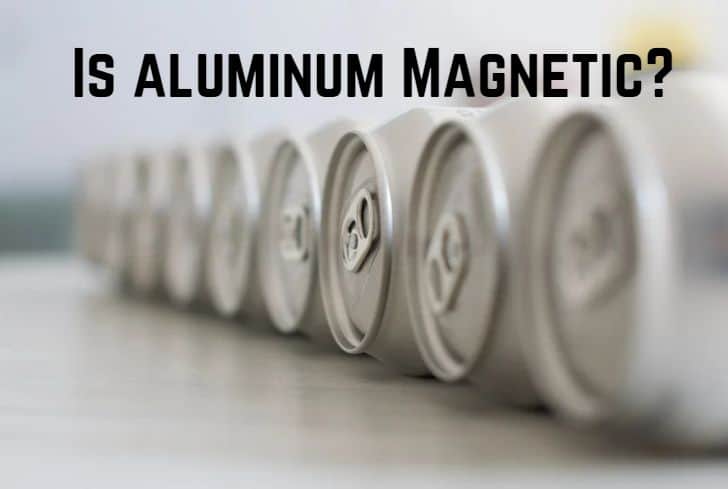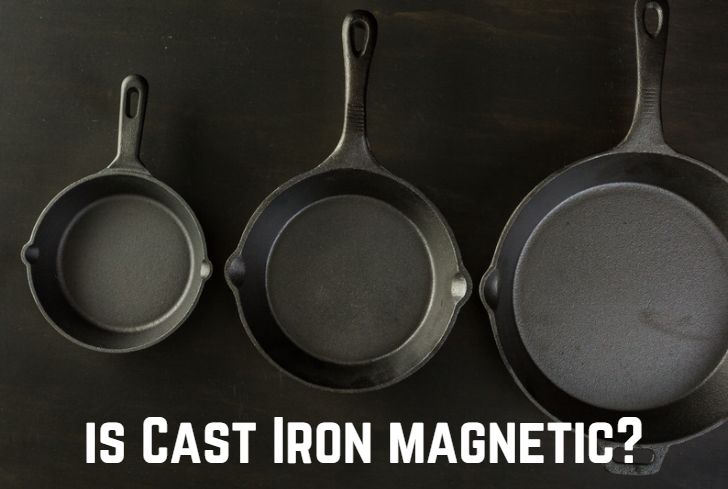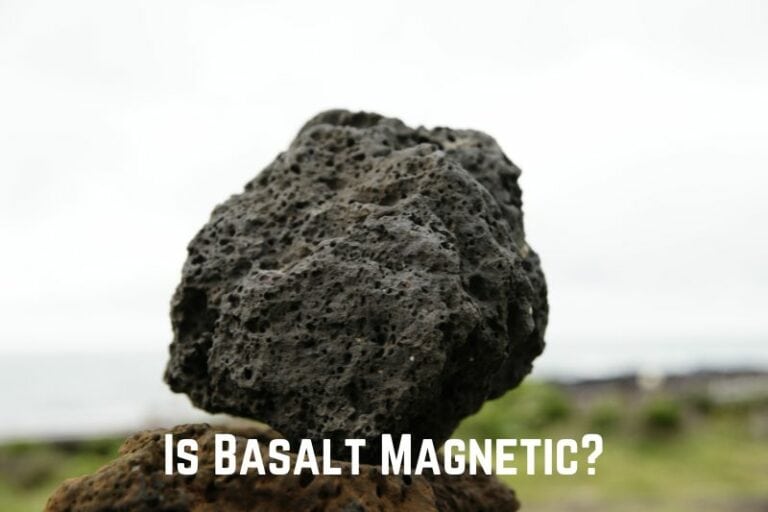Is Duct Tape Conductive? (No)

It is typical to find duct tape in most homes.The tape is used for various tasks, such as packaging, binding two surfaces together, and sealing. Some people even use it to protect against exposed electrical cables. But is the tape enough to block electric current? Is duct tape conductive?
It’s an important question, and we shall answer it in this article. We will also cover additional questions such as whether you can use duct tape instead of electrical tape, whether it is safe, is it a good insulator. Additionally, you’ll learn about the electrical conductivity of electrical tape, the differences between the two tapes, and whether or not duct tape conducts heat.
Read: Does Diamond Conduct Electricity? (And Heat?)
Does Duct Tape Conduct Electricity?
Duct tape does not conduct electricity. The main components of duct tape are polyethylene at the top, a layer of glue at the bottom, and a mesh fabric in the center. Plastics and fabrics are insulators and don’t conduct electricity. There are two kinds of duct tape: polyethylene duct tape and adhesive aluminum foil.
Don’t use adhesive aluminum foil because it conducts electricity well. Duct tape made of polyethylene is better because it doesn’t conduct electricity.
Can Duct Tape Be Used Instead of Electrical Tape?
Yes, you can substitute duct tape for electrical tape. Although it is non-conductive, keep high voltage items and environments and frayed electrical cables away from it. Only in emergencies and as a last resort should you use it to insulate electrical wires. Duct tape is not the best substitute because it has three layers: rubber-based adhesive, cloth, and polyethylene.
Polyethylene being a form of plastic, is non-conductive. Electrical waves will not pass through duct tapes made from polyethylene. Eventually, though, heat will build from the electricity, and the tape’s glue will melt. The tape will ignite as the temperature rises. Duct tape loses some stickiness at temperatures exceeding 140°F (60°C).
Details on the making of duct tape: how is duct tape made?
You need durable tape when you want to cover an exposed electrical wire. When exposed to heat, current, and water, duct tape loses its strength. The duct tape eventually becomes weaker, reducing the connection. You won’t then be protected from the electric current. It’s usually a good idea to replace duct tape with electrical tape once available.
Is It Safe to Wrap Electrical Wire With Duct Tape?
Duct tape is not the safest to wrap electrical wire. However, some people use it in an emergency. But first, consider how much voltage is in the electrical wires. Since electrical tape can take 600 volts, duct tape can only tolerate 120–240 volts. You’ll need numerous layers of duct tape to handle the same electricity as the electric tape.
There are duct tapes made of aluminum foil, although they are rare. If you are using such, then you should not wrap electrical wires with them. Keep in mind that metals are good electrical conductors. Other duct tapes may appear metallic but are not. If unsure of their components, don’t risk wrapping electrical wire with them.
Duct tapes, unfortunately, do not last very long. They will deteriorate more quickly if you use them to wrap electrical wiring. Even though duct tape is not conductive, touching a hot wire and ground simultaneously will nonetheless electrocute you.
Duct tape has fabric fibers, which is another thing to remember. In the presence of electrically charged wires, the fibers will catch fire. Because of its lack of flexibility, you can’t use the textile backing to wrap firmly around the electrical wires.
Therefore, you should avoid wrapping the main wire or the wires connecting your home’s main line to the grid. Frayed wires are another type that you shouldn’t wrap with duct tape. The fabric component will catch fire if strong electric currents run through the wires.

Is Electrical Tape Conductive?
Electrical tape is not conductive. It functions as an insulator and does not conduct electricity when it is used properly. Depending on how well they can insulate, electrical tapes have varying ratings. As a result, there are several tape types for various applications. You must exercise caution and get the proper electrical tape since the electrical current might be harmful.
Electrical tape’s primary purpose is to protect exposed electrical wires and reduce the risk of electrocution. The electrical tape won’t burn at temperatures over 176°F (80°C), but it will melt and deform instead.
You should use electrical tape in addition to wire nuts and other electrical-specific fasteners. Only as an additional layer of defense is electrical tape effective. It is insufficient for significant repairs. Never attempt to connect two wires with electrical tape permanently.
Differences Between Duct Tapes and Electrical Tapes
Many people confuse duct tapes with electrical tapes. It’s common to find people using them for all functions without knowing they are made for different functions. They have several differences in addition to being suited for varied purposes.
The key differences between the two are shown in the following table.
| Differences in | Duct tapes | Electrical tapes |
| Durability | -Tends to break down over time. | -Can last for a very long time. |
| Water resistant | -Water resistant but not waterproof. | -Waterproof and water resistant. |
| Material | -Adhesive with a cloth layer and pressure-sensitive polyethylene coating on both sides. | -Made from rubber, stretchable PVC vinyl, and rubberized cloth with pressure-sensitive adhesives. |
| Strength | -Stronger and can hold up heavy weights. Has three layers. | -Cannot hold up heavyweights. Only one layer. |
| Price | -More expensive. | -Cheaper. |
| Function | -Sealing ducting structures, packages, and boxes. | -Insulate and protect electrical wire connections. |
Is Duct Tape a Good Insulator?
Duct tape is not an effective insulator. It is mostly used to seal, not to insulate. It aids in sealing air conditioning, ventilation, and air ducts to prevent air from escaping or penetrating the seams and joints. It is insufficient to protect against the live current because it is not an electrically insulating material.
Duct tape is a good insulator because of the materials used to produce it. Fabric, the primary component, is a poor conductor. Duct tape becomes a poor electrical insulator when in contact with an electric line because the current dries the fabric, setting it ablaze.
You should never use duct tape in situations involving high electrical voltage. It can only withstand low-voltage situations. Duct tape’s rubber adhesive ultimately melts when exposed to high voltages, causing it to stop adhering to the surfaces used.
Read: Does Titanium Conduct Electricity? (Answered)
Due to its stiffness, duct tape makes a poor electrical insulator. The tape cannot expand to fit the size and shape of the wire that you want to insulate.
Does Duct Tape Conduct Heat?
Duct tape does not conduct heat. That is if you’re using duct tape made of polyethylene. They have a PVC backing and a rubber-based adhesive included. The tape can endure temperatures of 200°F (93°C) and does not conduct heat. The three materials that makeup polyethylene duct tape—rubber, cloth, and polyethylene—are all poor heat conductors.
Just be aware that aluminum foil tape is a good conductor of electricity if you’re using it. Reliable adhesives and aluminum are used to create the foil.
Read: Does Salt Conduct Electricity? (Answered)
Frequently Asked Questions
Is there an adhesive that conducts electricity?
Electrically Conductive Adhesives are so-called (ECAs). They are often used when parts need to be held in place while allowing electrical current to flow through them. The adhesives consist of two parts: polymeric resin and metal filler.
ECAs are necessary since some electronics are temperature-sensitive, and you cannot solder them. The four most popular conductive adhesives are listed below:
Silver-filled polyurethane adhesives
Two-component epoxy adhesive
One-component epoxy adhesive
Electrically conductive silicone adhesive
What happens to duct tape in extreme temperatures?
Duct tape’s adhesive softens on surfaces heated to more than 140°F (60°C). Additionally, it weakens and stops sticking to the surface. The adhesive will harden at freezing temperatures, reducing its sticking ability.
Can you put duct tape over an outlet?
You should not use duct tape to cover an electrical outlet. Some people will choose to use it rather than turn off the electricity. They believe the duct tape will shield them from electrical shock hazards.
But as we already know, duct tape won’t be able to prevent electrocution at high voltages. Once the fabric component of the tape goes up in flames, it might start a fire.
Will electrical tape keep you from getting shocked?
When you choose the right size and thickness of the electrical tape, you are protected from electrical circuits and shocks. You can use the tape to cover exposed wiring, keep moisture out, and stop interference between wires.
Conclusion
Choose electrical tape if you need to wrap some exposed electrical lines. You can use duct tape if you don’t have electrical tape and it’s an emergency. It is highly likely for duct tape to start a fire considering one of its components is a fabric and can easily ignite in high heat.
Unlike dust tape’s 240 volts, electrical tape is not conductive and can withstand up to 600 volts. Duct tape is a strong thermal insulator but not a good electrical insulator.






